Cardiac Surgery
Cardiothoracic surgery includes coronary artery bypass surgery (CABG), heart valve repair or replacement, left ventricular assist device (LVAD) placement, heart transplant, assisting in minimally invasive transcatheter valve structural heart procedures such as TAVR, left atrial appendage (LAA) occlusion, septal myectomy, surgical ablation for arrhythmias, and reconstruction of the heart in congenial heart disease cases.
Displaying 97 - 104 of 215
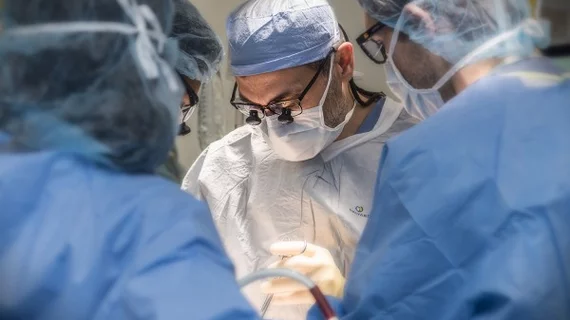
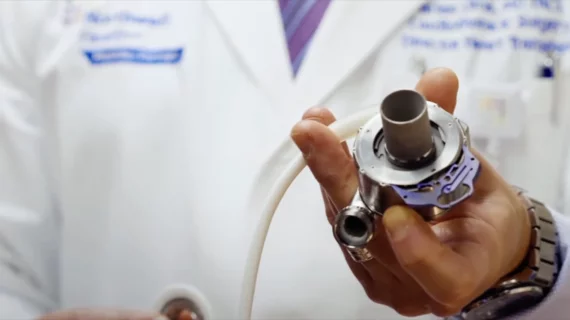

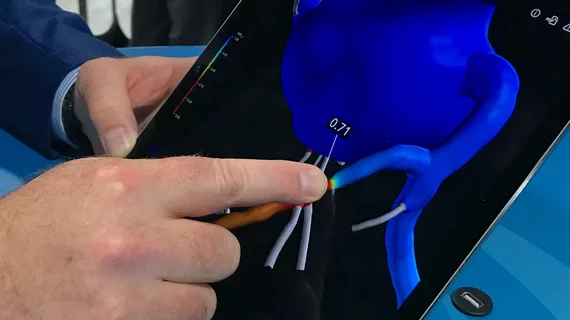

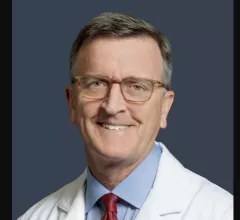
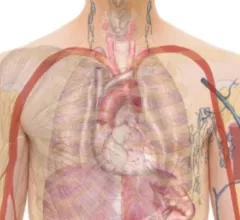
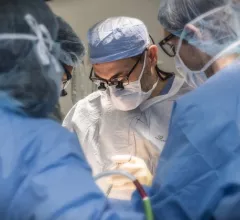
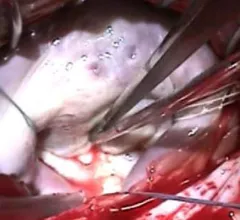
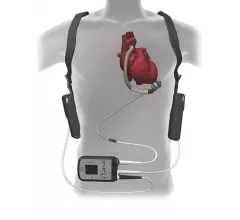
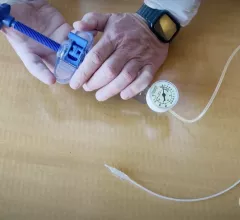

![Large peridevice leaks after left atrial appendage occlusion (LAAO) are incredibly rare and not associated with a greater risk of adverse outcomes, according to new research published in JACC: Clinical Electrophysiology.[1] Smaller residual links are more common, however, and associated with a risk of thromboembolic and bleeding events.](/sites/default/files/styles/240x220/public/2018-08/olderpatient-doctor.jpg.webp?itok=Yeiw23eu)